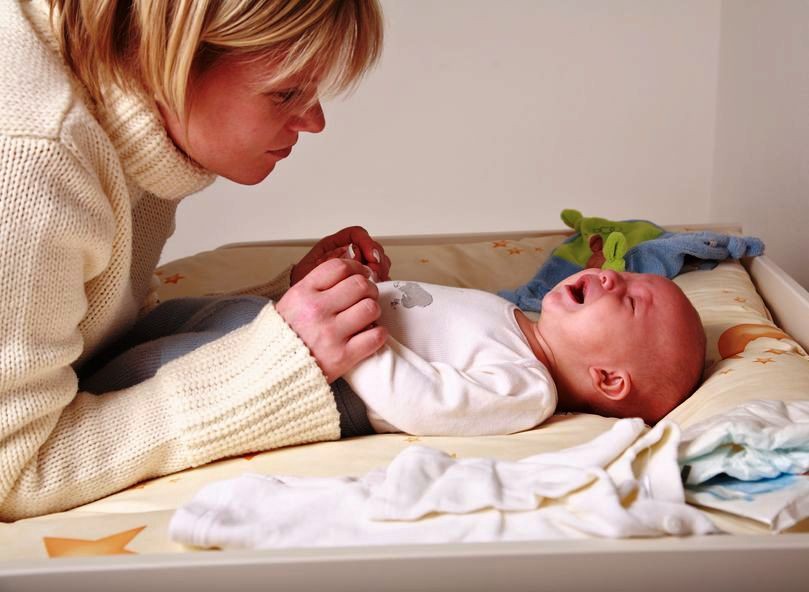Postpartum Depression Strikes at a Time Families Anticipate Joy
This year, the World Health Organization is leading a year-long campaign on depression. WHO has identified depression as the number one global public health issue. Its aim is encourage people all over the world to mobilize to raise awareness and support healing for people experiencing depression. Depression strikes men, women and children from all backgrounds. One of the most covert forms of this malady is postpartum depression, which hits women when they least expect it.
As women, we are bombarded with messages idealizing pregnancy and motherhood. Society expects every woman who gives birth to take on the qualities of a Madonna. We are supposed to immediately adapt to this huge change in our lives, and to know exactly how to be a perfect mother to a helpless, dependent infant.
The truth is that while many women really want to become mothers, many others do not consciously plan to become pregnant. Even for women who have been trying to have a child, pregnancy, giving birth, and caring for an infant are very challenging. Most women are buffeted with powerful feelings that include not just great joy, but a whole range of other emotions from excited anticipation to fear, anxiety, and a sense of inadequacy.
Often, those feelings include depression. Some of the things that can trigger postpartum depression include lack of sleep, difficulty breastfeeding, a baby who doesn’t stop crying, or stress from caring for other children, as well as money or marital problems.
Along with the many emotions that accompany such a huge life change, women are also overwhelmed by hormonal storms. Many women have the “baby blues” after giving birth, but 10 to 20 percent of women develop more severe postpartum depression, and some even develop postpartum psychosis.
Here are the signs of simple “baby blues”:
- Mood swings
- Sadness
- Anxiety
- Crying
- Feeling irritable
- Inability to concentrate
- Difficulty sleeping
The “baby blues” usually begin shortly after birth, and resolve on their own within a few weeks.
Signs of more serious postpartum depression are:
- Insomnia
- Loss of appetite
- Extreme irritability or anger
- Overwhelming exhaustion
- Loss of interest in sex that lasts months
- Lack of any feelings of joy
- Intense mood swings
- Withdrawal from family and friends
- Difficulty bonding with your baby
- Suicidal thoughts or thoughts of hurting your baby
If you are experiencing these symptoms, you need treatment for your depression, and help with your new responsibilities to avoid even more stress. If left untreated, postpartum depression can persist for months or even years. Children whose mothers have untreated postpartum depression often develop sleeping and eating difficulties, hyperactivity and language delays.
Signs of postpartum psychosis include:
- Confusion
- Disorientation
- Hallucinations and delusions
- Paranoia
- Attempts to hurt yourself or your baby
Any of these degrees of postpartum depression can occur after the birth of a first child or any subsequent child. You are more at risk if you have a history of depression, after significant stress such as a difficult pregnancy or relationship problems, if you have no support system, or financial problems, or if you did not plan or desire the pregnancy.
You are at greater risk of postpartum psychosis if you have bipolar disorder. Women who have postpartum depression are at greater risk of later developing major depression.
As frightening and disheartening as postpartum depression may be, effective treatment is available. I encourage you not to worry about what other people in your family or your circle of friends will think, but to reach out and get the help you need. Sometimes when you are depressed, it is difficult to ask for assistance. In that case, enlist someone who cares about you to act as your advocate.
(Note: This article appeared in its original form in http://HelpforDepressionBook.com.)
Originally published at medium.com


